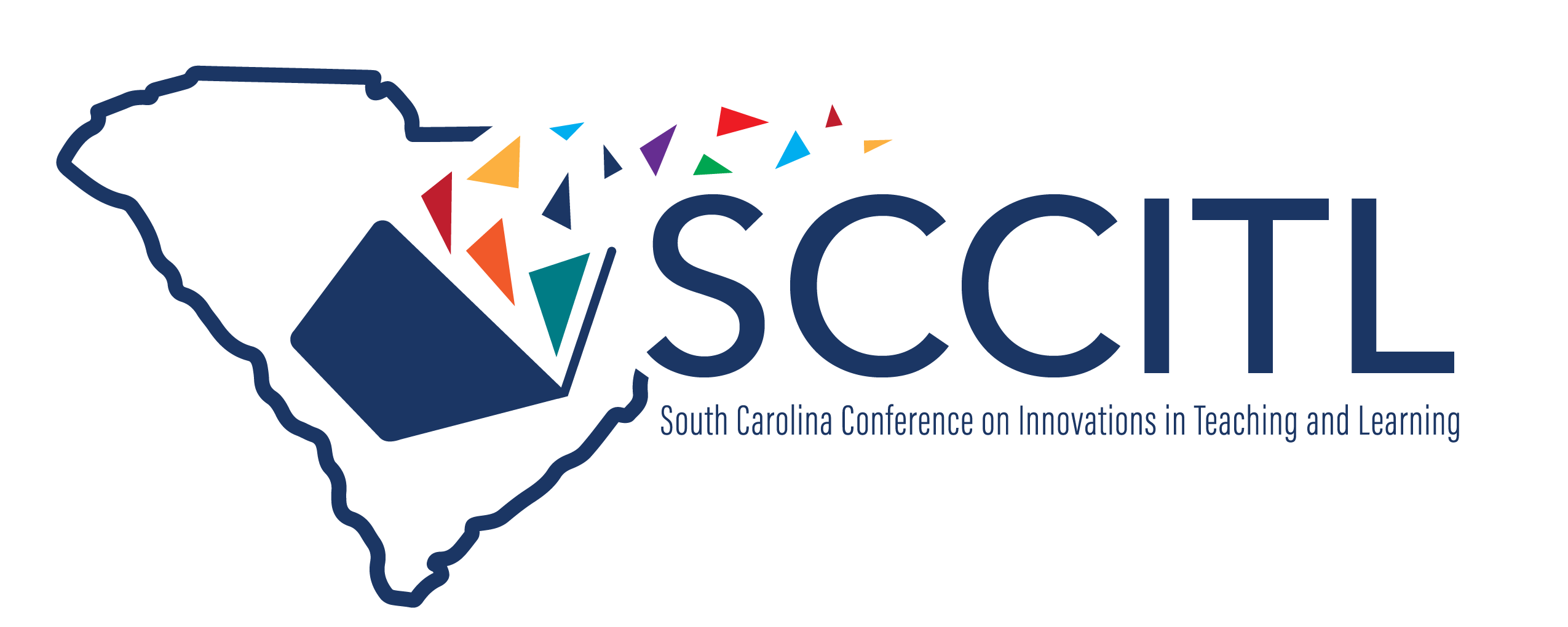Gamified Simulation of Gastrointestinal Emergency in Preclinical Medical Student Education
Proposal Format
Poster Presentation
Track Choices
Navigating the Change and Reinventing the Future
Abstract
Background: Incorporating gamification into medical training is an innovative way to deliver simulated experiences and maintain student focus. This study aimed to develop a simulated case of small bowel obstruction that utilized gamification to foster skills in teamwork, problem-solving, and patient management for second year medical students. Methods: Prior to simulation, students would be given a 5 question assessment related to small bowel obstruction. Additionally, learners will be evaluated for confidence with statements rated on a 5 point Likert scale. Following the simulation, student knowledge and confidence will again be evaluated. To develop a gamified simulation, an escape room was used, which began with 5 stations in which students solved puzzles to determine that their patient had a partial bowel obstruction. In Phase II, students accurately placed a foley catheter and nasogastric tube using trainers. Then students worked together to complete a simulation of total bowel obstruction and developed a treatment plan. Successful treatment allowed the students to exit the escape room for debrief. Conclusion: Although gamification research is still in its infancy, early studies have shown that its use has the potential to improve knowledge, skills, and satisfaction when compared to traditional education modalities.
Keywords
innovation, gamification, medical simulation
Speaker Bio
We are second year medical students at the Edward Via College of Osteopathic Medicine, located in Spartanburg, SC. Our institution is one of only four medical schools in the state and the only osteopathic medical school in SC. We have worked with faculty and jointly with the simulation team to produce this simulation.
Gamified Simulation of Gastrointestinal Emergency in Preclinical Medical Student Education
LJSU Rotunda
Background: Incorporating gamification into medical training is an innovative way to deliver simulated experiences and maintain student focus. This study aimed to develop a simulated case of small bowel obstruction that utilized gamification to foster skills in teamwork, problem-solving, and patient management for second year medical students. Methods: Prior to simulation, students would be given a 5 question assessment related to small bowel obstruction. Additionally, learners will be evaluated for confidence with statements rated on a 5 point Likert scale. Following the simulation, student knowledge and confidence will again be evaluated. To develop a gamified simulation, an escape room was used, which began with 5 stations in which students solved puzzles to determine that their patient had a partial bowel obstruction. In Phase II, students accurately placed a foley catheter and nasogastric tube using trainers. Then students worked together to complete a simulation of total bowel obstruction and developed a treatment plan. Successful treatment allowed the students to exit the escape room for debrief. Conclusion: Although gamification research is still in its infancy, early studies have shown that its use has the potential to improve knowledge, skills, and satisfaction when compared to traditional education modalities.


